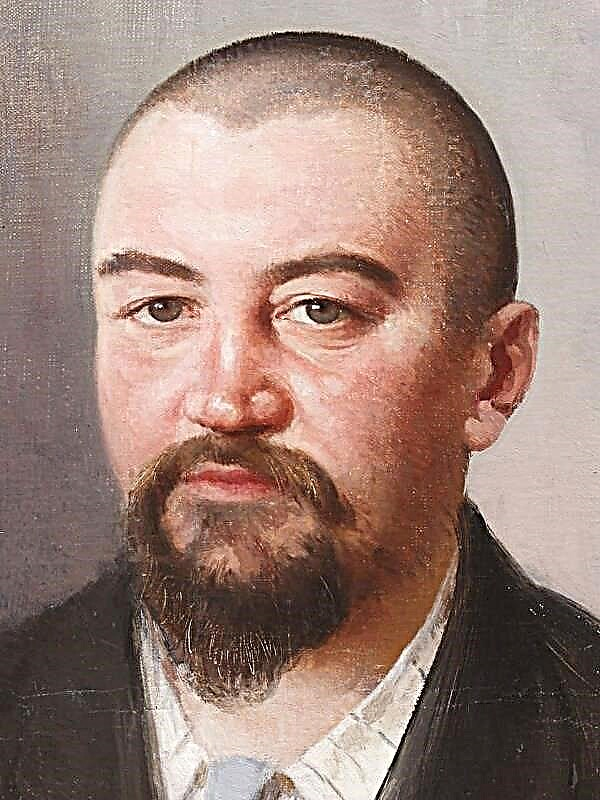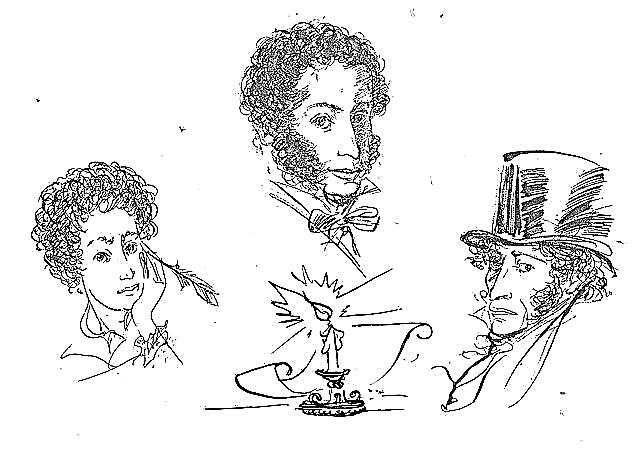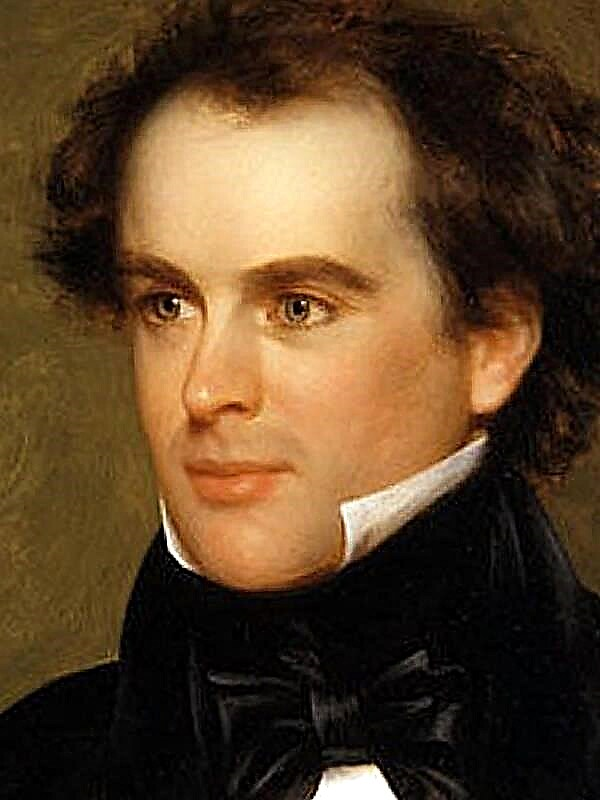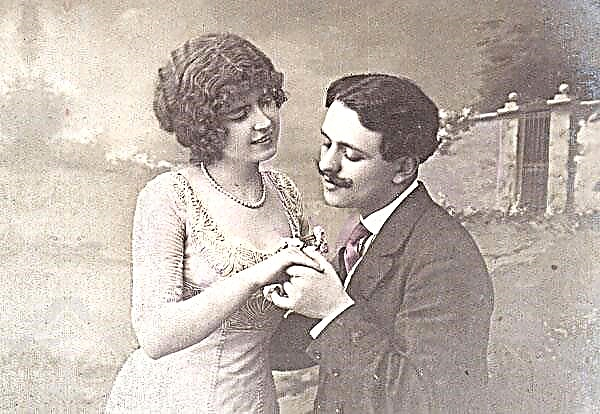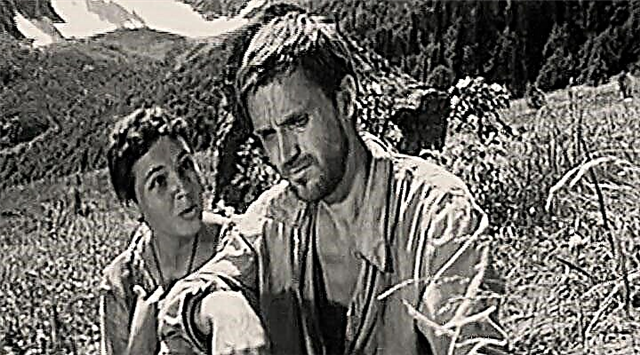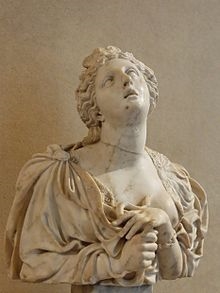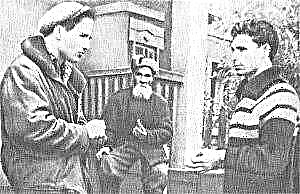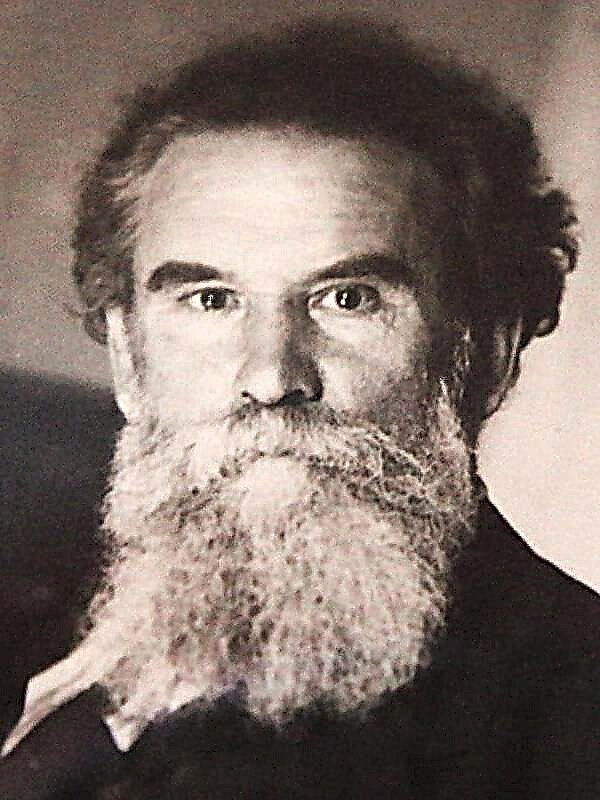Vasily Koriotsky, the son of an impoverished Russian nobleman, asks his father for blessings to let him go to work, and then he will be able to send his parents money from his salary. In St. Petersburg, a young man is recorded on a ship as a simple sailor. Vasily is appointed senior on the ship for honesty, diligence and quick-wittedness, and when the decree comes out - to select the best sailors and send them to study in Europe, Vasily is sent to Holland and assigned to the house of a rich merchant. He becomes attached to the young man and trusts him more than his clerks. Basil on his behalf and travels with goods to England and France and successfully conducts trade.
The merchant generously rewards the young man, and he sends his father a large sum of money through a bill of exchange. When Vasily’s stay in Holland ends, the merchant asks him to stay with him forever, for he fell in love with the young man, like his own son. But Vasily asks him to let go to his father and promises to return back. The merchant gives him three ships with goods and a lot of money and lets go. Vasily, in case of emergency, sews a thousand pieces of gold into the wedges of his caftan and sets sail for Russia.
A storm rises at sea, and the ship on which the young man floats drowns. Vasily, clinging to the board, nails to a large island on which the robbers live. The young man is also called a robber, and they accept him as comrades. When the robbers set off to rob merchant ships that sail past the island, Vasily every time asks them to let him go fishing alone. Not wanting to rob, the young man walks along the shore, then brings part of the money that was sewn up in his caftan, and tells the robbers that he attacked a small vessel and took everything that the shipbuilders had. So he brings one hundred or two hundred gold coins.
The robbers like such a daring good fellow, and they decide to appoint him their ataman instead of the former. The young man refuses, but they threaten to kill him, and Vasily has to agree. The former chieftain gives him all their treasury and the keys to the closet, which he is forbidden to enter, for robbers, on pain of death, take a promise from him never to unlock it without them. When the esaul informs that merchant ships appeared in the sea, Vasily, before releasing the robbers for fishing, pretends that he knows a lot about magic and speaks up their weapons, and before the battle he gives everyone a spell of wine.
Once Vasily, left alone, unlocks the closet and sees in him a beautiful girl. She tells him that she is Heraclius, daughter of the King of Florence: she was captured by robbers and kept locked up, because they can’t agree on which of them to own her. The girl begs Basil to save her, and he promises to help her. Once he meets fishermen from the Caesar state (Austria) on the island who bring the robbers with fish for sale, and arranges with them to take him out of the island. After waiting for a convenient time, Vasily announces to the robbers that he saw seven merchant ships at sea, and orders them to capture them.
When all the robbers go fishing, he takes all the gold they have plundered and, together with Heraclius, sets sail from the island in a fishing boat. The robbers, having discovered the loss of the treasury and the chieftain, are trying to catch up with them, but the fugitives manage to leave. Vasily and Irakli get to the pier and sail on a mail ship to Cesarea, where Vasily rents a big beautiful house and lives in it with Herakli in great luxury.
The Caesar meets Basil in expensive furniture in the church and asks him who he is and where he came from. He tells the Caesar about his adventures and how he saved the daughter of the King of Florence from the robbers. Caesar likes the brave Russian sailor, he brings Vasily closer to himself, calls him only a brother and invites them to settle with Heraclius in his palace. The caesar tells Vasily that the father of Heraclius ordered his admiral to find his daughter and promised that if he fulfills his order, he will give Heraclius his wife, although the admiral is already far from young. After some time, ships of the Florensky admiral sail to Cesarea. The Caesar announces to him that Heraclius lives in his palace with his brother, Basil, who is free to do as he wishes: to give Admiral Heraclius or not. When Vasily tells Heraclius about the admiral’s arrival, she is sad and puts on a black dress. The admiral asks Heraclius to return home with him, but she replies that this is not her will, but Vasily, who saved her from the robbers. Basil tells the admiral that he will not let Heraclius go with him, let the admiral return to the king and tell him that his daughter is safely in Caesarea, and the king will receive it only if he personally comes for her.
The admiral decides to take away the royal daughter by deception and invites Vasily and Irakli to his ship together with cesar's generals, ministers and drabants (bodyguards). He generously treats them with wine, and then orders his officers to throw everyone except Heraclius from the ship. Admiral orders Basil to drown, but the officers pity him, secretly put him in a boat and let him go. The admiral sets sail for the Florentine state, and from Heraclius, on pain of death, demands that she announce to her father that the admiral took her with battle in Caesarea.
Arriving at home, the admiral demands the promise of the king, and he agrees to give his daughter to him as a wife. Heraclius mournes and does not take off his black dress, even when she is taken to church to marry the admiral. And Vasily, who managed to get to Florensky land before the admiral, finds out on what day Heraclius will be married. When she rides in the carriage past the shack where Vasily settled, he takes a harp and sings a pitiful song in which he reminds Heraclius of how he saved her from the robbers, and the insidious admiral ordered him to be drowned. The princess sees Vasily, brings him to her parents and tells them the whole truth.
Outraged by the admiral's cunning and meanness, the king orders him executed, and his daughter gives Vasily his wife. Vasily, some time after the wedding, visits a caesar, who rejoices in his brother's happiness. Young live in glory and contentment, and after the death of the king, Basil becomes king of Florence and reigns until his death.

